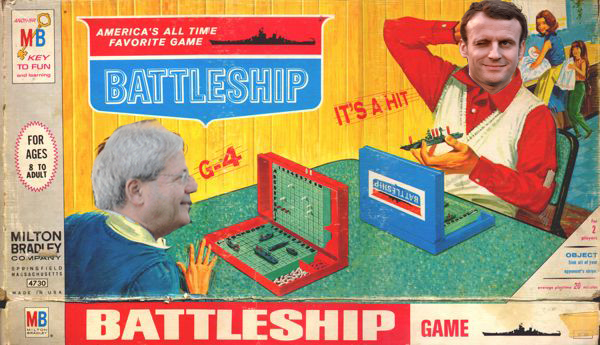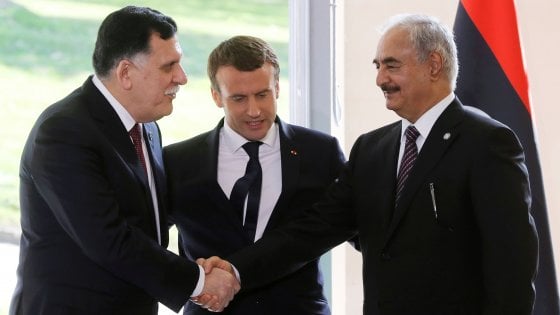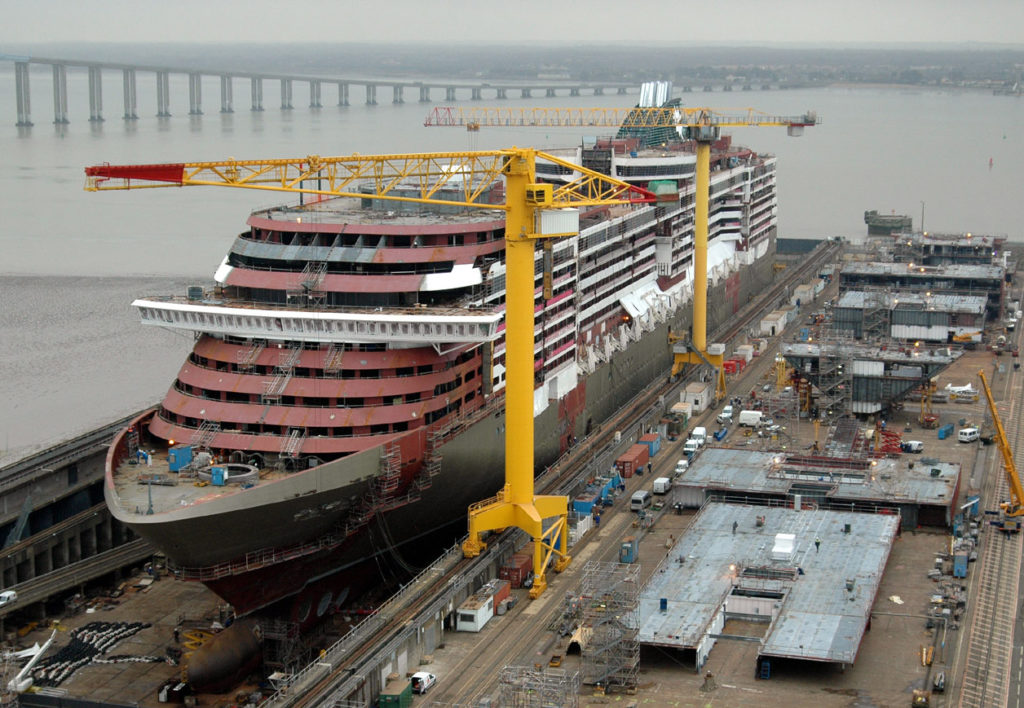BATTLESHIP
Is the realpolitik of Macron harming European unity?

Three weeks, three hits by French president Emmanuel Macron to the Italian government. First the refusal to open the country’s port to the migrants saved out of the cost of Libya in order to ease the pressure on the overwhelmed Italian hospitality system. Second and third came together this week when he announced a joint meeting between UN recognized Libyan president Fayez al-Sarraj and General Khalifa Belqasim Haftar on Tuesday, followed a few days later by the announcement of the nationalization of the STX shipyards of Saint-Nazaire.

While the joint meeting is being treated by Rome as a positive development for the stabilization of the North African country, thanks to an agreed ceasefire and promises of elections next spring, the oppositions in Italy are riding this news to bash the government for being politically irrelevant in Europe and letting France get all the credit for a situation which was largely and patiently built by Italy’s diplomacy and interests in Libya. Some also speculate that France is trying to get more influence in the region at the expenses of Rome and that French support to General Haftar is just a continuation of the policy started with the military intervention ordered by Nicolas Sarkozy against former dictator Mu’ammar Gheddafi’s regime.
While Prime Minister Paolo Gentiloni was trying to reconcile the parties involved, the French government poured gasoline on the fire by announcing a controversial nationalization of the STX of Saint-Nazaire. After the Korean company who owned 65% of the French shipyards declared bankruptcy, the Italian state-owned Finmeccanica bought the shares with the consensus of the former French government. The newly appointed one though, did not like the deal and offered instead to split in half the ownership of the shipyards.

The Italian Government refused and replied that under the deal made with former president François Holland, Finmeccanica agreed to buy the shipyards from the previous Korean owners on the condition that they would have had control of the board of directors. The option for the French government to oppose the buy-out ends this Saturday and for now it seems they decided to proceed with the nationalization, even if temporary, and evaluate the situation with more time at hand.
What is most interesting about this whole affair is that we are finally witnessing some pure political action by the newly elected President of the Élysée. The preservation of a strategic sector or a strong foreign policy are nothing new, especially in France. Nevertheless, Macron was regarded as a saviour of the European Project at the time of his election, while this actions screams France first and foremost. Where is his neoliberalism in a nationalisation of a Korean owned company? Where is his “Europeanism” in a unilateral meeting with the Libyan governments? Where is the solidarity in the migration emergency? All of this actions seems to be in the interest of France which is indeed his mandate, but what the continent was expecting, albeit maybe naively, was to courageously put the common continental interest above the national one. France might indeed be “saved” from populism for now but the rest of the continent might not be, and his actions are speaking louder than his words.
